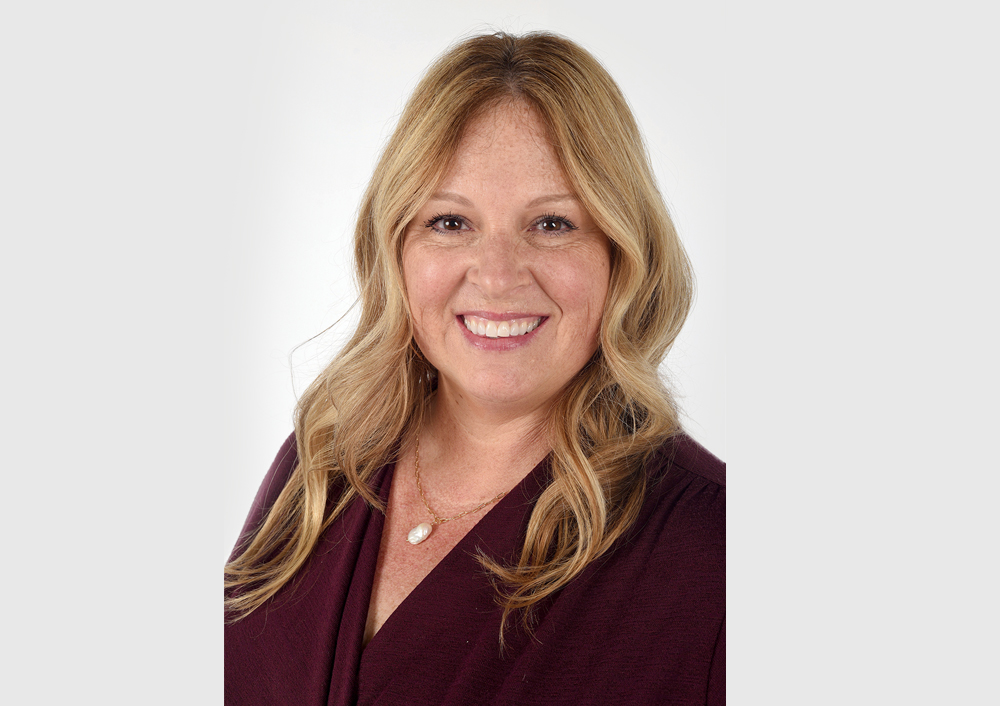From a lack of a sense of belonging to the resurfacing of hurtful memories, there are a number of mental-health obstacles that may come up during the holiday season. We spoke with Chattanooga-area licensed social worker Catherine Rogers and asked about ways to best accommodate friends and family members who may feel additional anxiety and depression this time of year.
Obstacles
Rogers says common issues she sees people face during the holidays include heightened depression, suicidal ideation, grief and dealing with old family roles and expectations. Another trigger can be financial stress as it pertains to gift-giving or the pressure of purchasing new clothes to wear when seeing family members.
She says that sometimes, people will have trouble falling asleep from replaying past holiday scenarios or from attempting to predict how upcoming events will be. And coping with holiday stressors can lead to a heavier reliance on substances, Rogers adds.
"It's easier for issues with alcohol use to go undetected for a little while because they're induced by the norm of drinking being associated with the holidays," says University of Tennessee at Chattanooga professor Tomorrow Arnold.
Having negative feelings associated with holiday time can make people second-guess their self-worth, Rogers says.
"Not going along with the party or the good cheer can leave us feeling judgment about ourselves," she says. "Is there something wrong with us?"
Out With the Old Traditions, in With the New
Rogers says that expectations tied into generational holiday traditions can often lead to disappointment when family dynamics change. She gives the example of a family that used to wear matching clothes on Christmas Eve when the children were young, and now that they are grown adults, it has become harder to make that expectation a reality, disappointing the mother who typically coordinates the festivities.
Instead of forcing a tradition that is no longer working, Rogers recommends creating new traditions that better accommodate those involved, so that the point of the tradition — spending time together — can still be achieved, just through a different activity.
In this case, organizing a family activity like making s'mores to replace the matching-outfit tradition could bring the family together in a different way, she suggests.
(READ MORE: Chattanooga police launch new mental health co-response unit)
Self-Care
Rogers says that people who know that the holiday season is particularly hard for them should try to audit their senses and work to identify what triggers have come up in the past, and what — if anything — has worked to remedy those feelings. The best way to approach holiday stressors is to take extra self-care steps, she says.
"That means focusing on getting good sleep, creature comforts like wearing comfortable clothes, having peaceful scents around you," Rogers says, and also "accepting that you might not be exercising and watching all your sugar like you had planned to do but just making a conscious decision to be graceful and not judgemental and not critical of yourself."
If your body is letting you know that going to a holiday event will make you physically ill or trigger depression, Rogers says to honor those signs by advocating for yourself and not going to that event.
Offering Support
Encouraging family and friends to speak out about what they would like to do to celebrate the holidays comfortably is a great way to offer support, Rogers says. If a loved one doesn't want to go to a party, helping them pivot their outlook to what they would like to do instead can help them alleviate stress by planning something that will bring them joy.
If someone says, "'I just want to get together with my friends and make drinks and tell the craziest stories [of what] our families have done,'" says Rogers, "well there you go: do that."
When a friend or family member is experiencing sadness, Rogers says that being present and sitting in their feelings with them instead of trying to offer advice or alter their mood will resonate deeper with someone who is struggling.
(READ MORE: Hamilton County Mental Health Court set to receive extra $200,000 in recurring funds)
Setting Boundaries
Letting relatives know if you would like to alter a tradition to better accommodate yourself is a good way to set boundaries and reset expectations, Rogers says.
Chattanooga resident Alexandra Fulton makes sure to pack her own snacks when visiting family during the holidays. She hopes the people she sees this time of year avoid comments like "I need to walk this meal off" or refrain from saying, "But I made this for you" if they notice her eating something she brought from home instead.
Fulton has an eating disorder and says she prepares for holiday gatherings by bringing her "safe snacks," or food she knows she is comfortable eating.
"It's important to be aware that you don't have to earn food, and there's a lot of discussion about 'turkey trots' and working out before going to Thanksgiving dinner," Fulton says. "I think that's very stressful for a lot of people, so being mindful is really important."
Community Work
For people who may be far from loved ones during the holidays or estranged from the family traditions they used to be a part of, Rogers says getting involved in community service can help with feelings of isolation and offer a sense of purpose.
(READ MORE: National mental health 988 crisis hotline sees boost in calls from Tennessee)
Resources
If you or someone you know is experiencing suicidal ideation or any other mental-health crisis, you can reach out to the following numbers:
The National Suicide and Crisis Lifeline: 988
Tennessee Statewide Crisis Line: 855-274-7471
Volunteer Behavioral Health Care System's Crisis Call Center: 423-634-8995 or 800-704-2651
To reach Rogers, visit catherinerogerstherapy.com.
